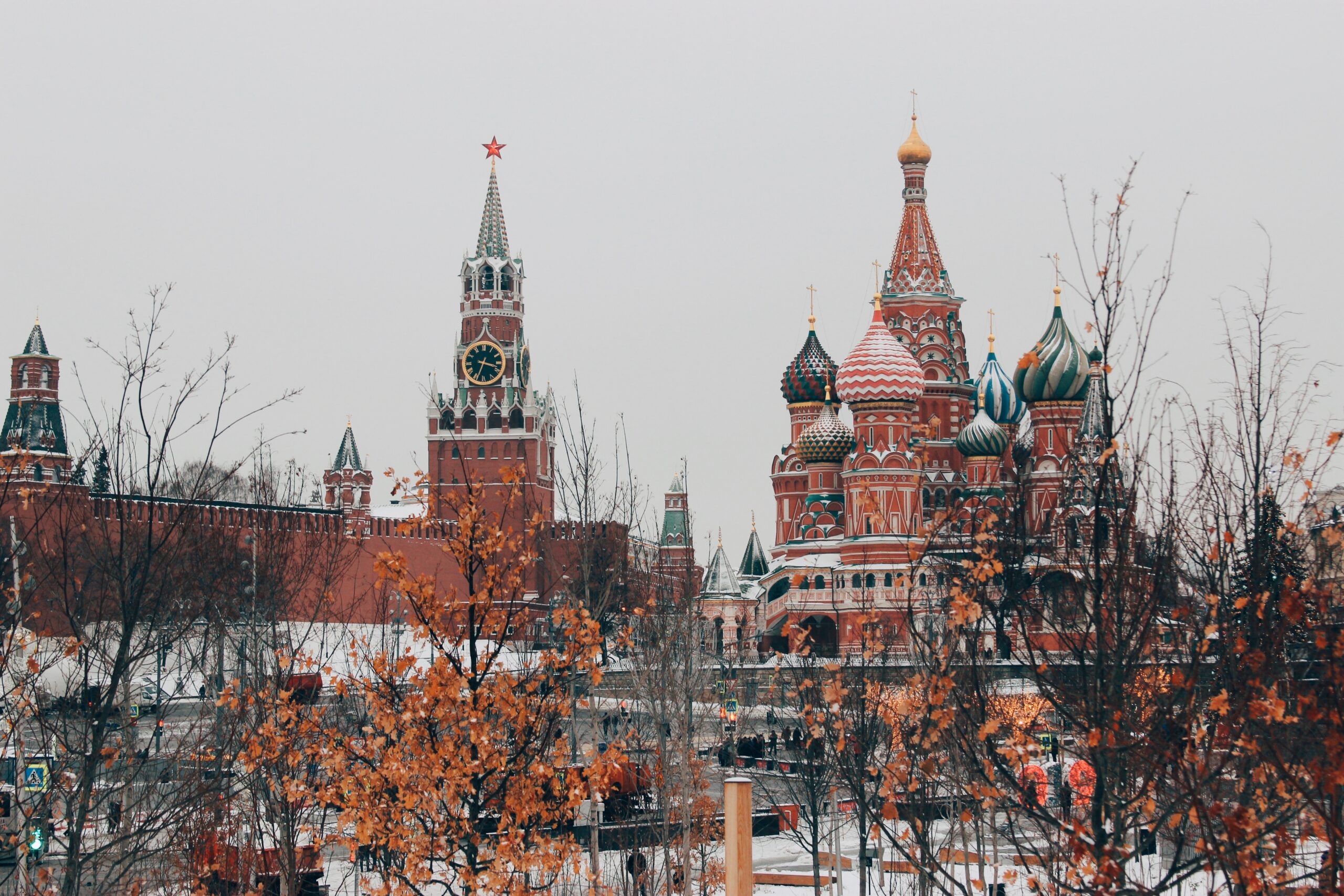The Biden administration has announced a series of strict sanctions against Russia. These measures are designed to target the Russian economy and have been sanctioned as a punishment for Russia’s cyberespionage campaign and its alleged interference in the presidential election.
The White House said that the measures, which target 32 Russian officials and entities, are designed to deter “Russia’s harmful foreign activities.”
The sanctions were signed on Thursday by President Joe Biden.
According to a statement released by the White House, the sanctions are aimed at showing the US “will impose costs in a strategic and economically impactful manner on Russia if it continues its destabilizing international action.”
The White House has named the Russian foreign intelligence service, the SVR, as being behind the “Solar Winds” cyberattack that gave access to 18,000 government and private computer networks to cyber-criminals.
They are also in retaliation for Russia’s alleged meddling in both the 2016 and 2020 Presidential elections.
Financial Implications
These sanctions are designed to hurt Russia in the pocket. From 14th June U.S. financial institutions will be barred from purchasing government bonds directly from the Russian National Wealth Fund, Ministry of Finance, and the Russian Central Bank.
This action will complicate Moscow’s ability to raise capital in international capital markets, according to experts. As part of a new order signed by President Biden, the U.S. administration is also reserving the right to further broaden sovereign debt sanctions if Moscow persists with its “foreign interference.”
According to Edward Fishman of the Atlantic council – “This action signals that the Biden administration is not going to hold back. They’re taking significant actions against the Russian economy and putting global markets on notice that Russian sanctions will increase if Russia’s aggressive behavior continues.”
How much the Russian economy will be harmed by these sanctions remains to be seen. Sanctions imposed by President Obama in 2014 had hurt the country’s economy, but Moscow adapted by cutting public spending and decreasing its reliance on imports and relied on gas and oil exports to bring capital in.
Experts said that Donald Trump’s reluctance to impose sanctions on the country. meant that investors began to reenter the Russian market.
The latest Sovereign Debt sanctions affect both Ruble and non-ruble transactions and are designed to ensure that Russia is going to struggle to raise funds in the international debt market.
“Russia will know it is shut out for the future from the international debt market,” said Anders Aslund, a senior fellow at the Atlantic Council.
Moscow Responds
Russia’s foreign ministry has called the sanctions “hostile steps that dangerously raise the temperature of confrontation.”
A spokesman for the Kremlin, Dmitry Peskov said in a statement that Russia saw the sanctions as being illegal. He added that Moscow would retaliate in kind.
The U.S. Ambassador in Moscow, John Sullivan, was summoned to the foreign ministry. According to a foreign ministry spokeswoman, for what would be a difficult walk.



